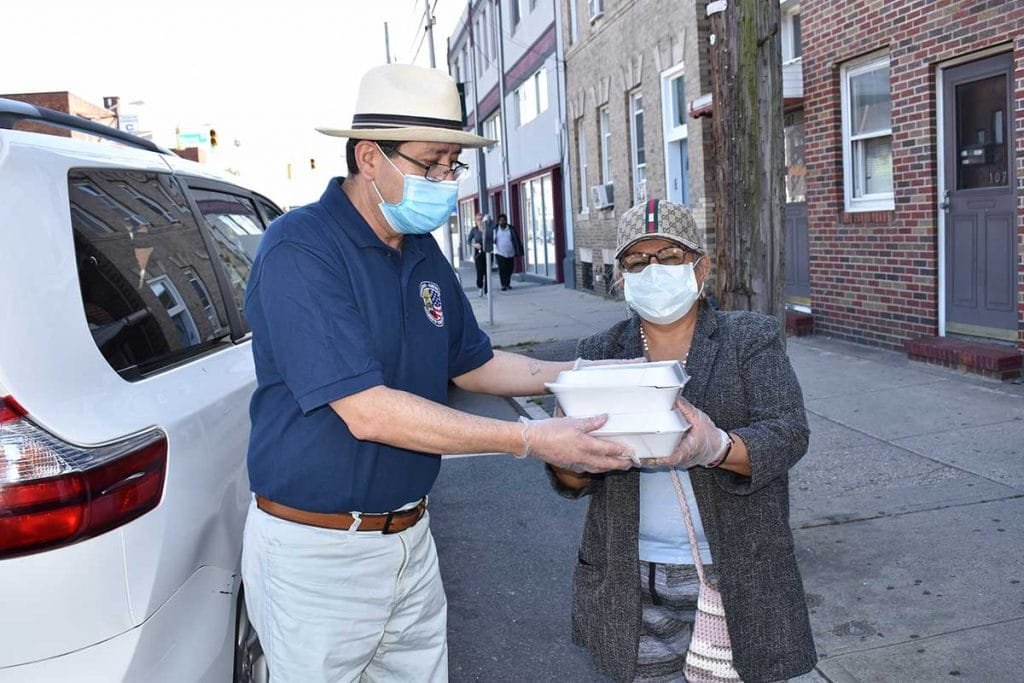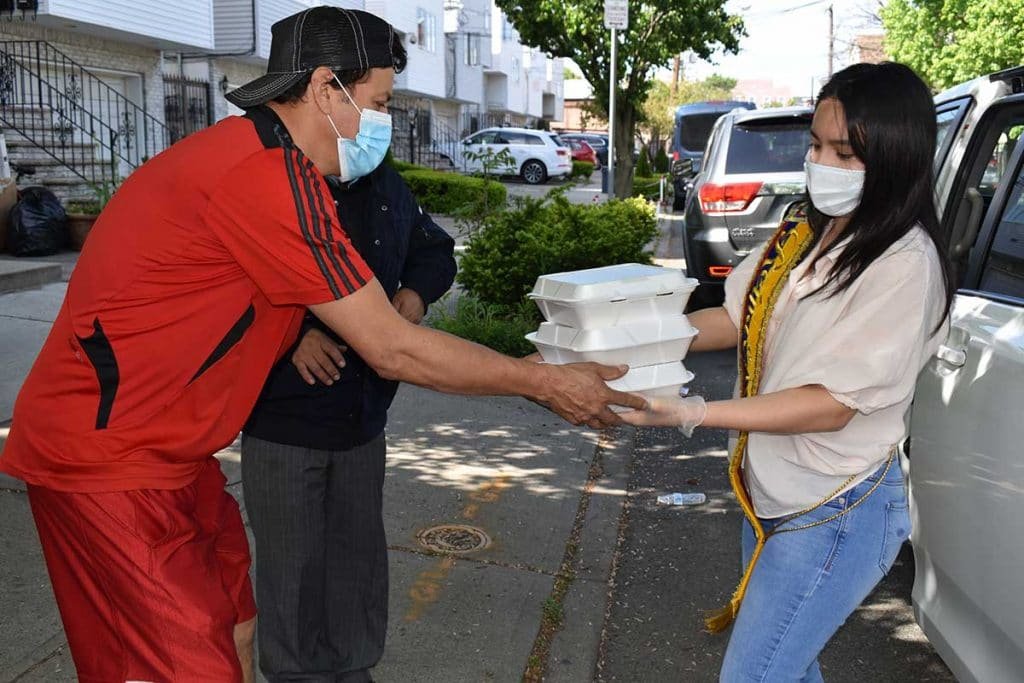By Maria del Carmen Amado, New Jersey Hispano
Editor’s note: This is the English translation of the original story, which was first published in Spanish by New Jersey Hispano. This version has been updated and edited, with permission from the author(s) and publication(s), for length and clarity.
NEWARK — Essex County has the highest number of COVID-19 cases in the state, with nearly 19,000 people tested positive for the virus and more than 1,750 deaths, according to recent data released by NJ State Department of Health.
But there is one particular demographic group in Newark, one of the most ethnically diverse cities in Essex County and the state, that has been hit hard by the coronavirus: undocumented immigrants.
With no safety net and protection from federal government, undocumented immigrants are not eligible for the $1,200 economic stimulus aid or unemployment insurance. Those undocumented families that own small businesses are also excluded from federal loans.
Jaime Pardo, owner of Sabor Latino Restaurant in Newark, knows how difficult it has been to survive since the pandemic surged. While his business has been open, he can only do delivery and pick up services. His staff has been reduced from 20 to three workers.
“We have only been operating about 10 percent of the business, doing take-outs and food delivery services. While we wanted to have a full staff, we don’t have enough business to do that,” said Pardo, an immigrant from Ecuador. “We only need one person to answer the phone and take orders, another worker in the kitchen, and the third to take charge of food delivery. The rest of my workers are unemployed.”
The economic situation has been dire. Pardo says that 17 of his workers have no income since March — and not all of them are eligible to receive financial aid from the government.
“They have lost their jobs through no fault of their own. For my part, I have been delivering food to these workers so they can feed their children,” Pardo said.

Diego Muñóz, president of the New Jersey Ecuadorian American Chamber of Commerce, delivering food to people in need in Newark.
ITIN and SSN
Laura Correa supports herself and her family by selling Ecuadorian jewelry. Her store, Skillus, sits at the heart of Newark, where she gets a good number of customers.
In the wake of the coronavirus, her store has been closed since March. But while Correa has an Individual Tax Identification Number (ITIN) that she uses to file her taxes each year, the federal government still requires every business owner to have a valid Social Security Number (SSN), in order to apply for the stimulus loans allocated for small businesses.
“I have lost money, and I would be able recover them if I could receive some help from the government. Unfortunately, I only have ITIN and the Small Business Administration (SBA) does not accept it,” said Correa.
Every resident in the United States can file taxes using their ITIN. The main difference between an SSN and ITIN is that the former is issued to U.S. citizens and authorized non-citizens. ITIN, on the other hand, is issued to residents with foreign status or undocumented immigrants.
“I started the [jewelry] business with family savings and loans from friends. I could not borrow money from a bank. My family has learned how to run the business over time, and every member of my family works here,” said Correa. But now everyone does not have a job and no income.”
According to Newark Councilman Luis Quintana, the strongest blow during the coronavirus pandemic has been to service and restaurant owners and their workers.
“Most of them do not get unemployment insurance or federal money. Many have no [immigration] papers and are unable to claim, despite the fact that they have been the most affected by the pandemic,” Quintana added.
To help immigrant families, Quintana, along with other volunteers, delivers 2,000 bags of food every Thursday. Of those bags, 600 are given to undocumented immigrants through the help of Santa Lucia Church.
Several immigrant rights organizations, such as the New Jersey Ecuadorian American Chamber of Commerce, have also brought food and toiletries to immigrant families in Newark.
“We know that Latinos are suffering the most from this crisis. They have lost their jobs and businesses. Many of them still do not know if they will be able to reopen their businesses. So, we are here to provide food for everyone,” said Diego Muñóz, commissioner of Hispanic Affairs of Newark.

Other directors of the Chamber help the community, bringing them food during the coronavirus pandemic.
Eviction and rent moratorium
On March 19, NJ Gov. Phil Murphy issued Executive Order 106, which immediately suspended evictions throughout the state. This means that no tenant may be removed from his or her home or commercial space during this pandemic.
Newark Mayor Ras Baraka also imposed a moratorium on some rent evictions. The moratorium will apply for residents directly or indirectly affected by COVID-19.
The Essex County Sheriff’s Office previously said they will not be carrying out eviction orders indefinitely.
“This truly helps. But what we really need is for the federal government to expand stimulus benefits to residents with ITIN,” said Correa.
This story was produced as part of a four-month COVID-19 reporting fellowship with NJ ethnic and community media organized by the Center for Cooperative Media at Montclair State University.
